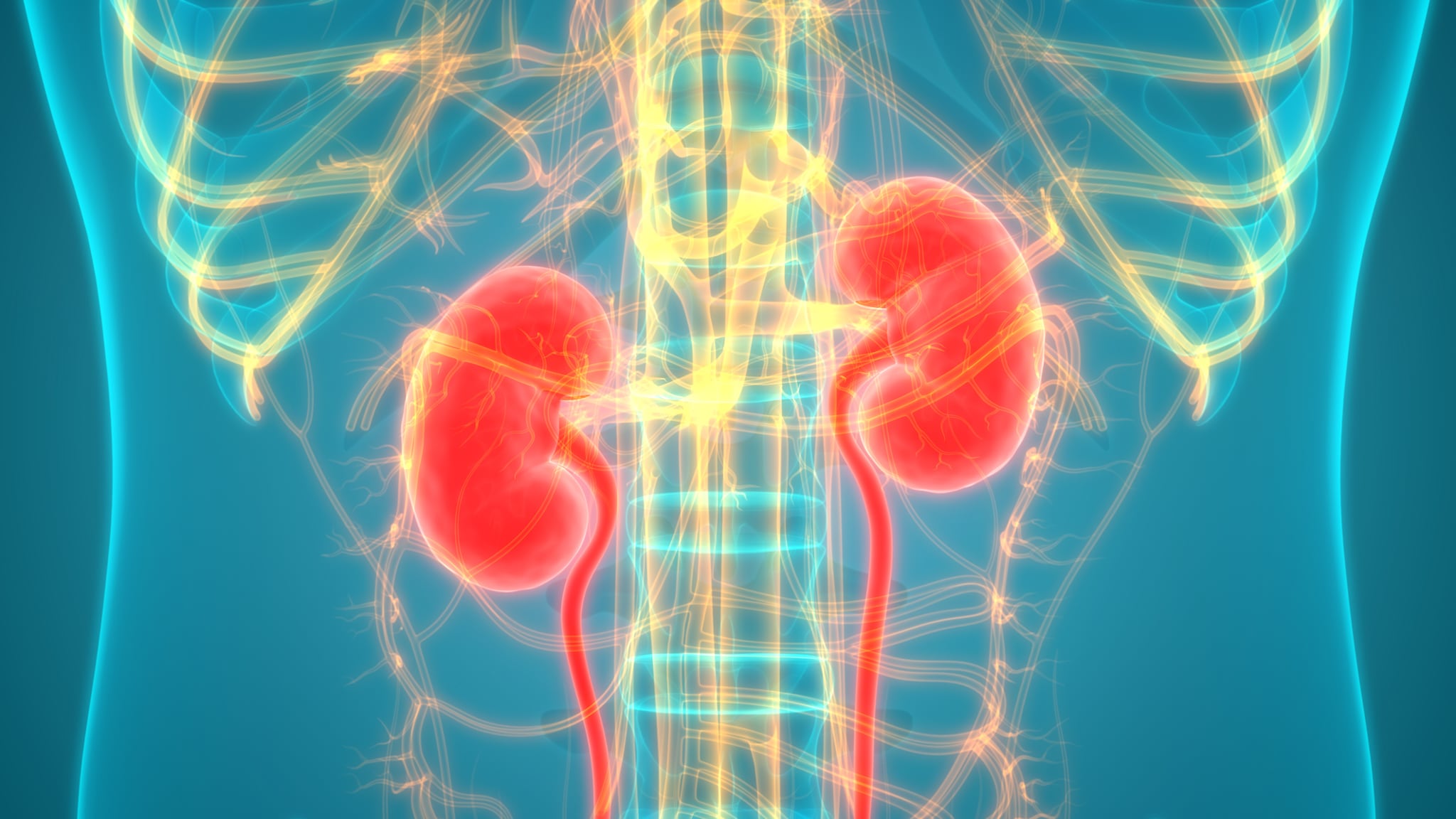Diabetes and Your Kidneys
If you’re like most people, you don’t give your kidneys a lot of thought. They’re somewhere in your body, not bothering anyone, quietly doing their job. And what a job it is!

Kidneys Work Hard
Every 30 minutes, your kidneys filter all the blood in your body to remove wastes, toxins, and excess fluid. They help control blood pressure, stimulate production of red blood cells, keep your bones healthy, and regulate blood chemicals you need to live.
Each kidney is made up of millions of tiny filters called nephrons. Over time, nephrons can become damaged by diabetes, high blood pressure, or other causes and stop working, a condition called chronic kidney disease, or CKD. Approximately 1 out of 3 adults with diabetes has CKD. Both type 1 and type 2 diabetes can cause kidney disease.
Slow and Silent
CKD takes a long time to develop, and it doesn’t have any signs or symptoms in the early stages. You won’t know you have CKD unless your doctor tests you for it. If your test results show you have CKD, the earlier you start treating it, the better.
Healthier Kidneys for Longer
- Keep your blood pressure below 140/90 mm Hg (or the target your doctor establishes).
- Stay in your target blood sugar range as much as possible.
- Get active—physical activity helps control blood pressure and blood sugar levels.
- Lose weight if you’re overweight.
- Get your kidneys tested every year.
- If you have CKD, meet with a dietitian to create a kidney-healthy eating plan. Ask your doctor for a referral.
It’s smart to keep your hard-working kidneys in mind as part of your overall health. Take care of them, and they’ll help take care of you.
No comments:
Post a Comment